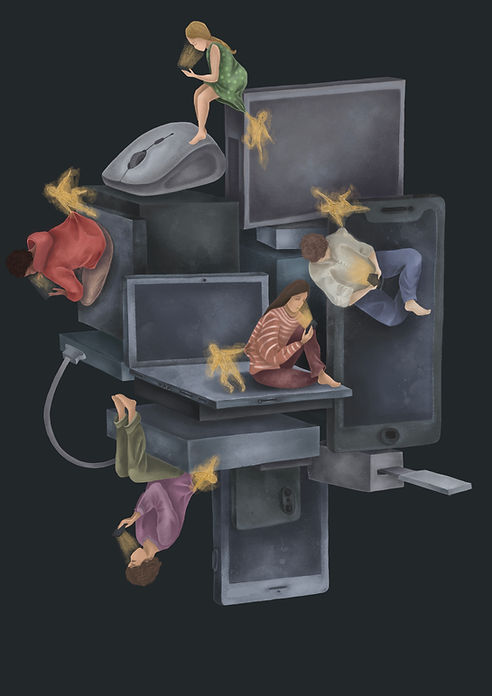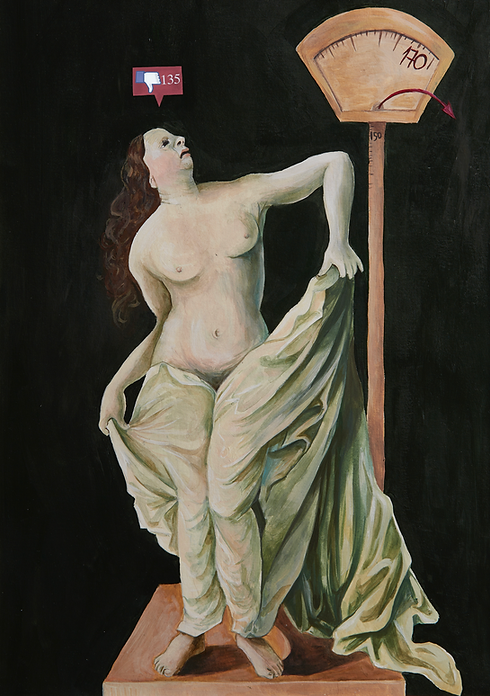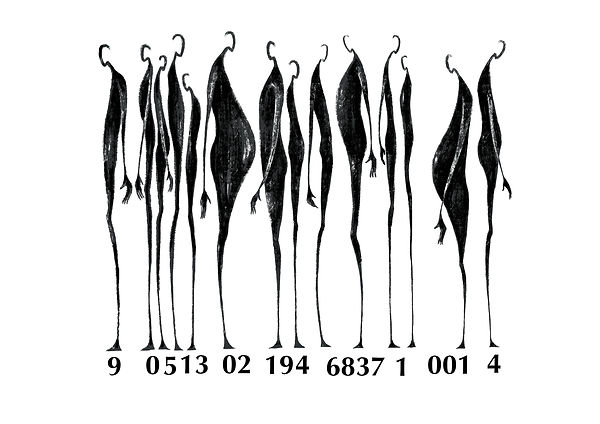
Engagement or Passivity
The most valuable resource of the Digital Age is not information, in which we immerse ourselves, but the attention. Attention has become a form of currency, people spending it on social media platforms. The internet is full of content without content. As technology is evolving, we tend to focus more our attention on a ‘digital reality’ created by sophisticated media platforms, rather than the reality that we live in. We see technology not just as devices and tools, but as essential to living our lives. This subject is present in anyone’s life, but with a more impact on younger generations such as Generation Z, being also a global theme.
Digital Childhood

The society is constantly evolving, technology speeding up this process. One of the many changes that determined transformations in humans life is the evolution and innovation of games. The traditional games and toys of childhood from the past are replaced in the Digital Age by technological devices and online games.In a childhood world monopolized by technology, in which the possibilities of games are unlimited, information being easily accessible, children can start to loose the ability of communication, to sustain positive relationships with others, presenting a risk of isolation and dissatisfaction in real life. The lack of movement, human connection, and touch has a negative impact on physical, psychological, and behavioral health.
Disconnect to Connect

Technology has become an integral part of the way that people communicate with one another and has increasingly taken the place of the traditional modes of interpersonal communication that are based on face to face models of interaction, to a more digital approach to maintaining and establishing relationships. Due to the rapid expansion of technology, many scientists fear that people may be too immersed in this digital world and not present enough in the real world. Generation Z, the first generation to grow up as digital natives, those who experienced the internet as part of their daily lives at a young age, has grown accustomed to a new style of interpersonal communication. The dialogue is replaced by texting and the emotions by emoticons. Technology has become an integral mean of managing one's identity, lifestyle and social relations. The first-way technology affects interpersonal communication in the world is through social media. People tend to pay more attention to what is going on on Facebook, Twitter and Instagram than to spend time to communicate with family members.
Different centuries, Different Perceptions

Reinterpretation “Death and the Women” by Hans Baldubg Grien, The fear of approaching death in the 16th century is replaced in the 21st century with the fear of not being perfect. There is an exaggerated concern to reach the false beauty standards imposed by the media. Social media represents an integral part of our life, creating a culture of perfection. We seek for peoples validation, wanting more and more likes and comments on social media platforms in order to feel appreciated and good in our skin. This addiction of perfection leads to unrealistic expectations, pressure and increasing the percentage of children and young teens who suffer from body-related mental illness such as body dysmorphia, eating disorders but also depression and anxiety. We lose our values, the beauty of the soul, the respect and other things that the external appearance cannot reveal.

